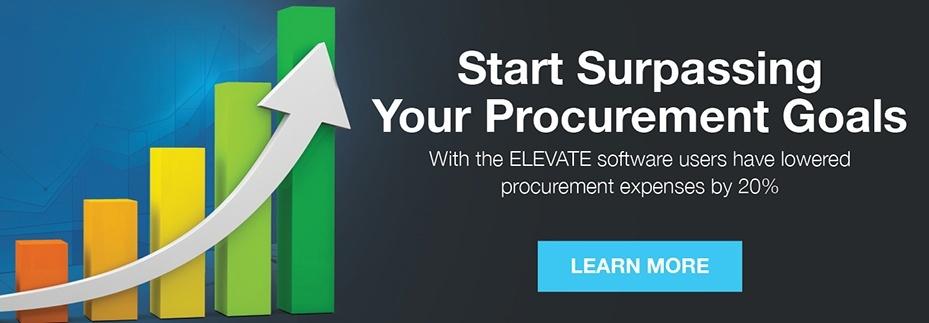According to the National Association of Colleges and Employers, supply chain management and logistics is one of the most coveted bachelor's degrees by employers. Within the next year, NACE suggested that 40% of employers who participated in the survey expected to hire one or more graduates with degrees in supply chain management. In 2016, the University of Washington launched a Master of Supply Chain Management degree at their Foster School of Business, and UW Civil and Environmental engineering department began a partially online master’s degree program in Supply Chain Transportation and Logistics. Supply chain training has exponentially grown in demand, and educational opportunities have shifted to meet this need.
Changing Education Opportunities
In the past, supply chain training was something done on the job. There were very few classes available and no real degree programs. However, once employers discovered how challenging the work was and how much skill it takes to be successful in a supply chain management and logistics position, formal education programs began to develop. While there are typically fewer opportunities to earn a supply chain management degree than, for example, a degree in biology, this specialized niche makes those who pursue it very valuable to employers in need of skilled individuals.
What Do You Need to Get a Degree in Supply Chain Management?
In most cases, individuals will need to possess an undergraduate degree in business, engineering, or economics. Each degree program will be slightly different, however, so it's essential for individuals who are interested in this career path to check what prerequisites are needed for their school of choice. High school graduates starting with a clean slate may find this easier, while individuals with some college education may have to put a little more work into finding out what specific credits are needed to get into supply chain management programs.
What Type of Coursework Is Studied in a Supply Chain Training Program?
Students studying supply chain management will learn about advanced economics, manufacturing, logistics, operations management, and statistics. Not only will they learn the basics associated with each, but they'll also learn how to apply their learned skills on the job and how they all work together to create a successful supply chain. Proficiency in math and science is necessary, as supply chain management and logistics jobs require the use of these skills daily. While formal education opportunities are a great start, it's difficult to replace the value of on-the-job supply chain training. When working on-the-job, demands are high, and the pressure is on. Trial and error can help individuals develop systems that work in real life, versus merely using methods that work only in an ideal environment.
Professional Certification Options
If you've been working in the supply chain management and logistics field already but want to increase your value as an employee, professional certification may be the best option for you. Instead of pursuing a degree for a job that you've already been working in, you take a certification exam to obtain a certificate that increases your employability. Certification exam prerequisites differ depending on what establishment is offering the test, but typically it is many years of experience in the supply chain management field. You must also be able to pass a written or computer exam.
What Other Skills Are Important for a Supply Chain Management Job?
Whether you have a degree or a certification or not, specific skills are critical to success in the supply chain and logistics industry. First and foremost, a mind for solving problems and evaluating different scenarios to determine the most efficient steps within a system is crucial. Communication skills are also a must, as are leadership skills if you want to be in a management position.
Job Outlook for Supply Chain Management
Supply chain careers are growing quickly and with retail moving into a fast-paced online format, such as Amazon, skilled supply chain and logistics managers are in high demand. With quality supply chain training or certification, you can land a supply chain management, or logistics job at a variety of different companies all over the U.S. Your career outlook becomes more flexible, and with the right education, you can be discerning about which role you choose. When you're certified or have a degree, you have more bargaining power when it comes to asking for higher pay, benefits, and more.

About Michael Wilson
Michael Wilson is AFFLINK'S Vice President of Marketing and Communications. He has been with the organization since 2005 and provides strategic leadership for the entire supply chain team. In his free time, Michael enjoys working with the Wounded Warrior Project, fishing, and improving his cooking skills.






